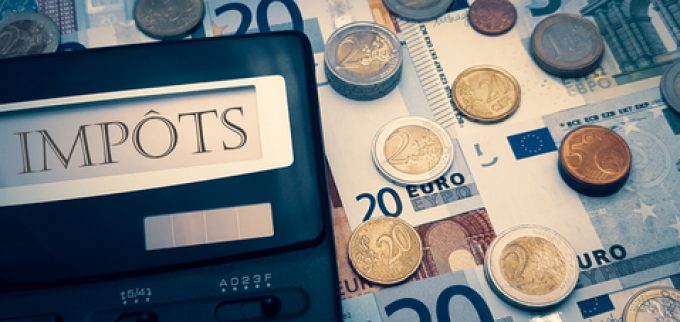Despite sourcing shifts, 'don't write-off China', says CMA CGM CCO
China cannot be written off completely from supply chains, despite tension with the US and ...

French MPs have amended a bill before parliament that would make a temporary windfall tax on the country’s ocean shipping operators permanent.
The tonnage tax regime has also been modified, making it potentially less advantageous, and leaves CMA CGM facing a far greater financial hit than was initially anticipated.
The government, which is well short of an overall majority in France’s lower house, had proposed that the exceptional levy be just that, and only applied in 2025 and 2026 as a fiscal ...
Volcanic disruption at Anchorage could hit transpacific airfreight operations
Macron calls for ‘suspension’ – CMA CGM's $20bn US investment in doubt
Forwarders stay cool as US 'liberation day' tariffs threaten 'global trade war'
Shippers snap up airfreight capacity to US ahead of tariff deadline
De minimis exemption on shipments from China to the US will end in May
Tighter EU import requirements proving 'a challenge' for forwarders
Looming Trump tariffs will create 'a bureaucratic monster' for Customs

Comment on this article